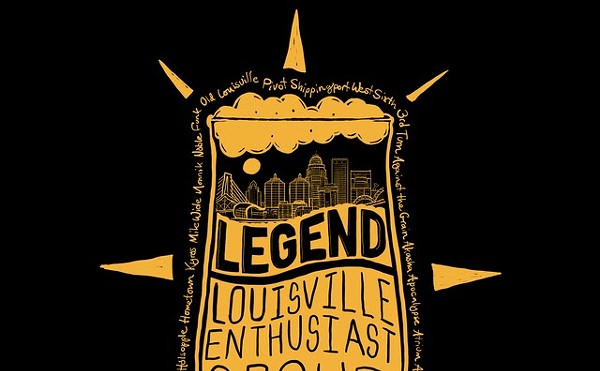I’m pleased to note that Americans are increasingly fed up with our futile, foolish, unaffordable wars. In unprecedented numbers, we are weary of the war on weed. It’s finally winding down now that the public and policymakers are awakening to its absurdities.
Last November, in defiance of federal law (which supersedes state law), Colorado and Washington became the first states to legalize adult recreational use of marijuana. The Justice Department could have sued to reverse the ballot initiatives, which conflict with the Controlled Substances Act of 1970. But President Barack Obama muted speculation of that in a December interview with ABC’s Barbara Walters. “We’ve got bigger fish to fry,” he said. “It would not make sense for us to see a top priority as going after recreational users in states that have determined that it’s legal.”
Then on Aug. 29, the Justice Department announced a policy that marijuana advocates hailed as the beginning of the end of pot-hibition. According to Reuters, “The Justice Department said it would refocus marijuana enforcement nationwide by bringing criminal charges only in eight defined areas … and giving breathing room to users, growers and related businesses that have feared prosecution.”
During a Senate Judiciary Committee hearing on Sept. 10, Deputy Attorney General James Cole reaffirmed that the Justice Department would not likely challenge permissive laws in states that impose “robust regulations” against sales to minors and distribution to non-permissive states. The significance of the proceeding was not lost on Erik Altieri, communications director of the National Organization for the Reform of Marijuana Laws (NORML): “For the first time in modern history, members of the U.S. Congress and the Justice Department were not discussing furthering cannabis prohibition, but instead were testifying to the merits of cannabis legalization and regulation.”
You might ask what took so long. Public opinion appears to have driven the political shift. According to the Pew Research Center, a narrow majority of Americans now supports legalizing pot. In the past three years, support has surged 11 points and has risen in every key demographic and political group.
Rob Kampia, executive director of the Marijuana Policy Project, which will support efforts to regulate and tax pot like alcohol in 10 more states by 2017, recently said, “Most Americans are tired of seeing their tax dollars used to arrest and prosecute adults for using a substance that is objectively less harmful than alcohol.”
The issue was hotly debated last month on “The Doctors,” a syndicated TV show. “Somebody drunk driving is gonna blow right through that stop sign whereas somebody high is gonna sit at that stop sign waiting for it to turn green,” said pediatrician Jim Sears.
Host Travis Stork emphasized that marijuana is more benign than cocaine or heroin. “I’ve never seen someone come into the ER after smoking marijuana having killed someone else in a fit of rage,” he said. “You can take cocaine and die within five minutes.”
Nevertheless, marijuana remains in the most dangerous class of drugs with no accepted medical use — along with heroin, cocaine, ecstasy and meth. Amid celebrations for the ballot measures, the DEA issued a sobering statement. “The DEA’s enforcement of the Controlled Substances Act remains unchanged. In enacting the Controlled Substances Act, Congress determined that marijuana is a Schedule I control(ed) substance.”
In response to a NORML petition to reclassify the drug to Schedule II, DEA Chief Administrative Law Judge Francis Young in 1988 ruled, “Marijuana, in its natural form, is one of the safest therapeutically active substances known to man. By any measure of rational analysis, marijuana can be safely used within a supervised routine of medical care.” He continued, “It would be unreasonable, arbitrary and capricious for the DEA to continue to stand between those sufferers and the benefits of this substance …”
Despite the DEA’s rejection of Young’s ruling and a failed appeal, 20 states and the District of Columbia have legalized medical marijuana. Seventeen states have decriminalized possession of small quantities of the drug. Two years ago, Kentucky eased penalties for first-time possession of up to 8 ounces, but more progressive reforms lack traction. Amid recent layoffs of 20 state troopers and a crime wave driven by a surge of heroin, to tax and regulate Kentucky’s top cash crop should be a public safety priority.





